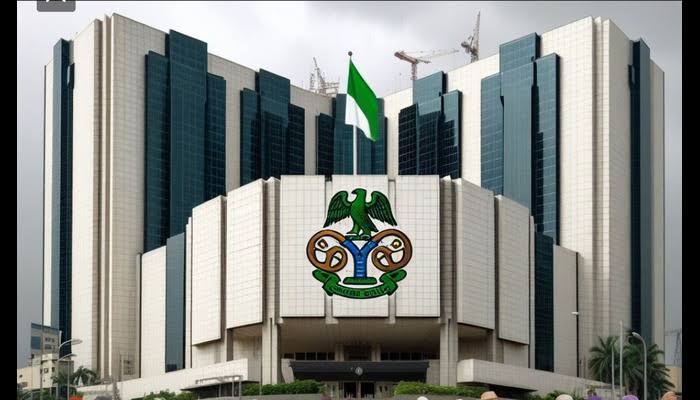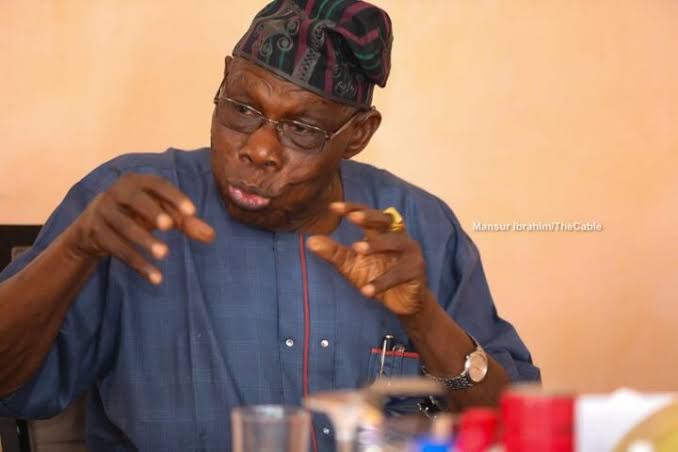The Central Bank of Nigeria (CBN), established by the CBN Act of 1958 and operational since July 1, 1959, serves as the nation’s apex bank and monetary authority.
Its primary responsibilities include regulating the financial services sector, maintaining external reserves, promoting monetary stability, and acting as a last resort banker for the government.
Following the end of colonial rule and the Nigerian Civil War, there was a push for economic development. Initially, the CBN operated through commercial banks; however, it later began lending directly to consumers, diverging from its original mandate.
Early on, the bank primarily acted as the government’s agency for supervising the banking sector, managing balance of payments, and aligning monetary policy with federal budgetary needs.
Under former Governor Chukwuma Soludo, the CBN played a crucial role in strengthening Nigerian commercial banks.
By enforcing a minimum capital requirement of N25 billion, the CBN ensured that banks were resilient, preventing customer losses in cases of bank failures. This led to the collapse of some banks unable to meet the new standards but ultimately fortified the banking landscape.
The leadership of Sanusi Lamido Sanusi marked significant changes; in 2009, he dismissed the CEOs of five commercial banks due to loan mismanagement. His tenure faced challenges, culminating in his suspension by ex-President Goodluck Jonathan in 2014 over allegations of financial impropriety....Read Full Article [Click Here>]
Governor Godwin Emefiele, appointed as the CBN’s first indigenous governor, has made notable changes, such as halting foreign exchange sales to Bureau de Change operators and introducing Africa’s first Central Bank Digital Currency, the e-naira, in October 2021.
However, his successor, Olayemi Cardoso, faced immediate challenges, including the devaluation of the naira, which has plunged to over N1,500 per dollar.
This move has sparked concerns about rising inflation and prompted several multinationals, including PZ Cussons Nigeria and Procter & Gamble, to exit the market, citing the naira’s instability as a key factor.
Central Bank governors to date
Roy Pentlow Fenton – 1958 – 1963
Aliyu Mai-Bornu – 1963 – 1967
Clement Nyong Isong -1967-1975
Adamu Ciroma – 1975-1977
Ola Vincent – 1977-1982
Abdulkadir Ahmed 1982 -1993
Paul Agbai Oguma 1993-1999
Joseph Sanusi 1999-2004
Charles Chukwuma Soludo 2004 -2009
Sanusi Lamido Sanusi -2009 – 2014
Godwin Emefiele -2014 – 2024
Olayemi Cardoso – 2024 to date





